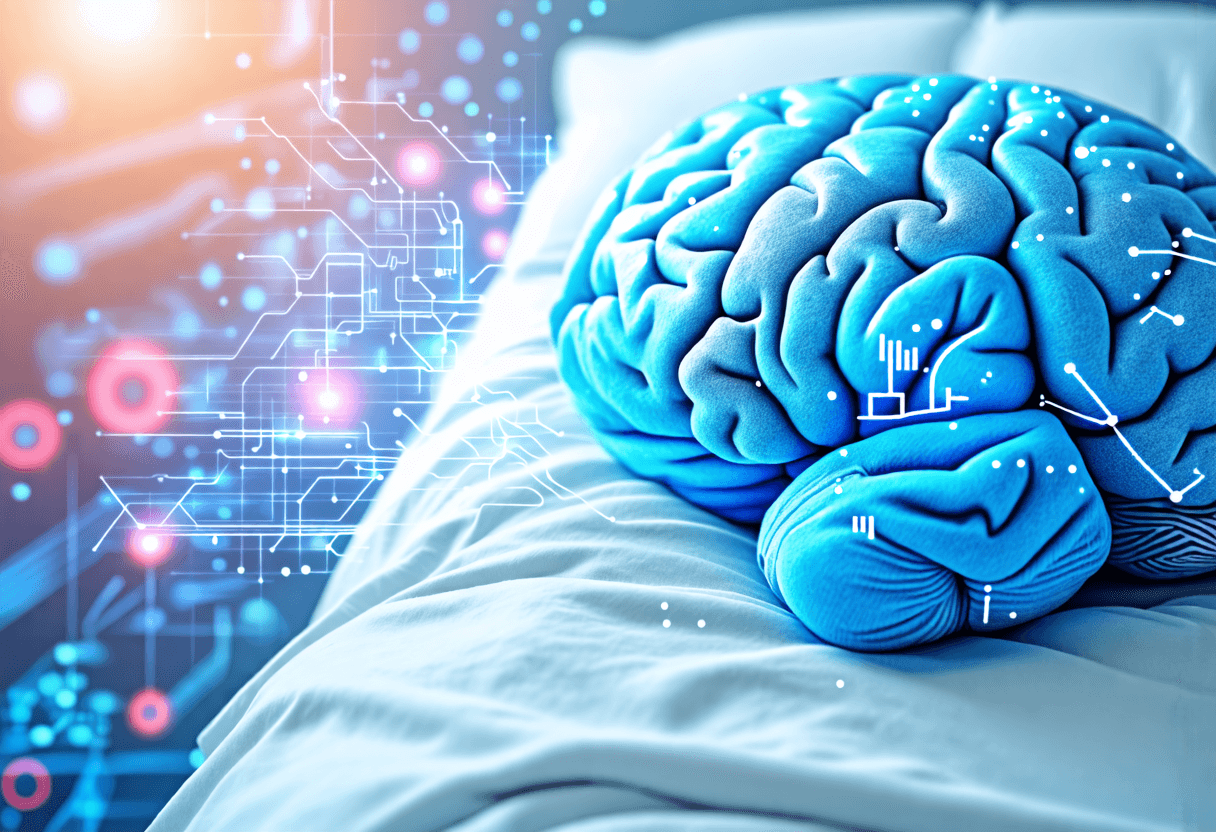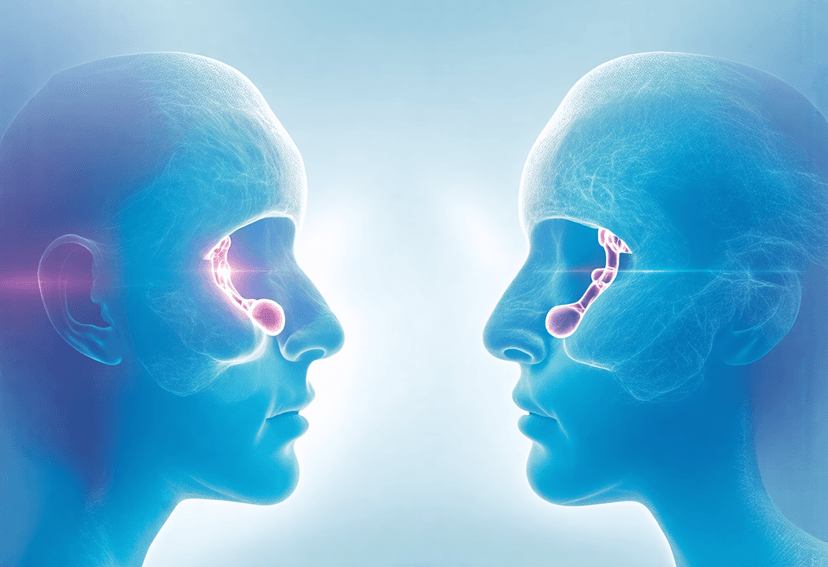
Epilepsy and Sleep: The Impact
03 Nov, 2024
 Healthtrip
HealthtripWhen we think of epilepsy, we often associate it with seizures, medication, and a life of careful management. But what about the other aspects of our lives that epilepsy can affect, such as our sleep patterns? For many people living with epilepsy, sleep disturbances are a common and frustrating companion to their condition. In fact, research suggests that up to 40% of people with epilepsy also experience sleep disorders. In this blog post, we'll delve into the complex relationship between epilepsy and sleep, exploring the ways in which they intersect and impact one another.
The Connection Between Epilepsy and Sleep
Sleep is a vital component of our overall health, and for people with epilepsy, it's especially crucial. During sleep, our brains process and consolidate memories, regulate emotions, and perform essential maintenance tasks. However, for those living with epilepsy, sleep can be a precarious time. Seizures can occur during any stage of sleep, but they're most likely to happen during the rapid eye movement (REM) stage, when brain activity is highest. This means that people with epilepsy may experience seizures during the night, disrupting their sleep patterns and leaving them feeling exhausted and groggy in the morning.
Most popular procedures in India
Sleep Disturbances in Epilepsy
So, what kind of sleep disturbances can people with epilepsy experience? The most common sleep disorders associated with epilepsy include insomnia, sleep apnea, restless leg syndrome, and narcolepsy. Insomnia, characterized by difficulty falling or staying asleep, is particularly prevalent in people with epilepsy, affecting up to 20% of the population. Sleep apnea, which involves pauses in breathing during sleep, can also be a concern, as it can trigger seizures in people with epilepsy. Restless leg syndrome, marked by uncomfortable sensations in the legs, can disrupt sleep and increase anxiety, while narcolepsy, a neurological disorder that affects the brain's ability to regulate sleep-wake cycles, can lead to excessive daytime sleepiness.
Wellness Treatments
Give yourself the time to relax
Lowest Prices Guaranteed!

Lowest Prices Guaranteed!
The Impact of Epilepsy on Sleep Quality
Living with epilepsy can have a profound impact on sleep quality, leading to a vicious cycle of fatigue, anxiety, and decreased quality of life. When seizures occur during the night, they can disrupt the body's natural sleep-wake cycle, making it difficult to fall asleep, stay asleep, or enter into the deep, restorative sleep stages. This can result in chronic fatigue, mood disturbances, and cognitive impairment, further complicating the management of epilepsy. Moreover, the stress and anxiety associated with epilepsy can also affect sleep quality, creating a self-reinforcing cycle of sleep disturbances and seizure activity.
The Role of Medication in Epilepsy and Sleep
Medications play a crucial role in managing epilepsy, but they can also have a significant impact on sleep. Certain anti-seizure medications, such as benzodiazepines, can be sedating and disrupt sleep patterns, while others, like stimulants, can interfere with sleep quality. In some cases, medications may even trigger sleep disorders, such as insomnia or sleep apnea. It's essential for people with epilepsy to work closely with their healthcare providers to find the right balance of medications that effectively manage their seizures while minimizing sleep disturbances.
Breaking the Cycle: Strategies for Improving Sleep with Epilepsy
So, what can people with epilepsy do to break the cycle of sleep disturbances and improve their overall sleep quality? Establishing a consistent sleep schedule, creating a relaxing bedtime routine, and avoiding stimulating activities before bedtime can help regulate the body's internal clock. Practicing stress-reducing techniques, such as meditation or yoga, can also help alleviate anxiety and promote relaxation. Additionally, working with a healthcare provider to optimize medication regimens and addressing underlying sleep disorders can help improve sleep quality and reduce the risk of seizures.
The Importance of Holistic Care in Epilepsy Management
At Healthtrip, we believe that managing epilepsy requires a holistic approach that addresses the physical, emotional, and psychological aspects of the condition. By acknowledging the intricate relationship between epilepsy and sleep, we can work towards creating personalized treatment plans that prioritize sleep quality and overall well-being. By combining cutting-edge medical expertise with a deep understanding of the human experience, we can empower people with epilepsy to take control of their health and live their lives to the fullest.
Conclusion
In conclusion, the relationship between epilepsy and sleep is complex and multifaceted, with each influencing the other in profound ways. By recognizing the impact of epilepsy on sleep quality and vice versa, we can work towards creating a more comprehensive approach to epilepsy management. At Healthtrip, we're committed to providing compassionate, patient-centered care that addresses the unique needs of individuals living with epilepsy. Together, we can break the cycle of sleep disturbances and epilepsy, empowering people to live healthier, happier lives.
Related Blogs

Adenoidectomy Surgery: The Key to Better Sleep
Learn how Adenoidectomy surgery can improve sleep quality and duration.

Adenoidectomy Surgery: A Game-Changer for Breathing Easy
Adenoidectomy surgery can significantly improve breathing, sleep, and overall quality

Say Goodbye to Sleep Apnea: Adenoidectomy Surgery
Learn how Adenoidectomy surgery can help treat sleep apnea and

This Simple Change Will Transform Your Life
Are you feeling flooded by the incessant pings, endless scrolls,

Naturopathy for Immune Support: Strengthening the Body's Defense System
In today's fast-paced world, maintaining a strong and healthy immune










